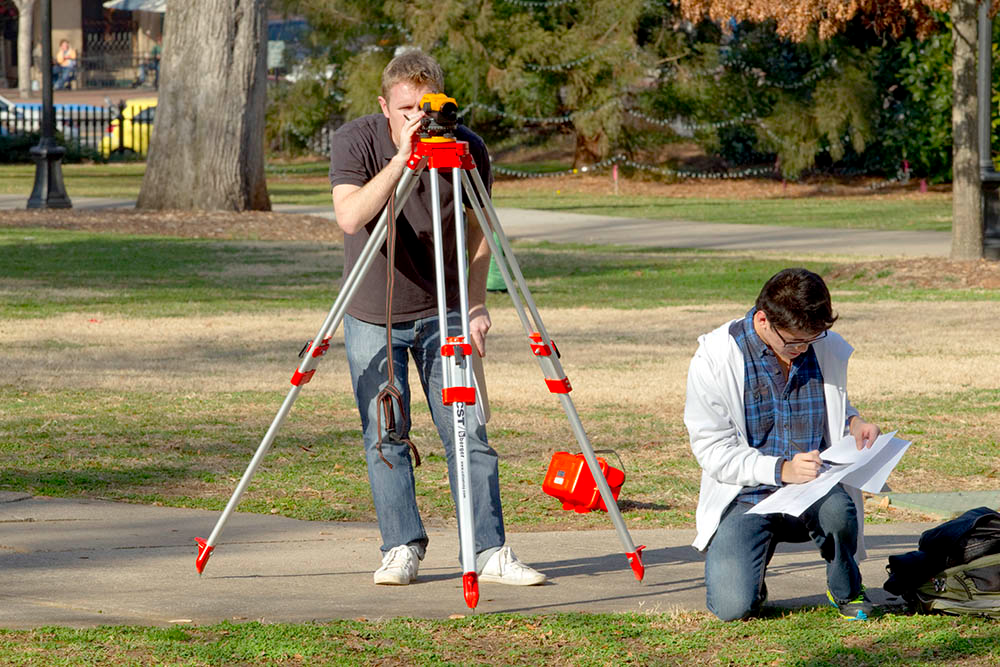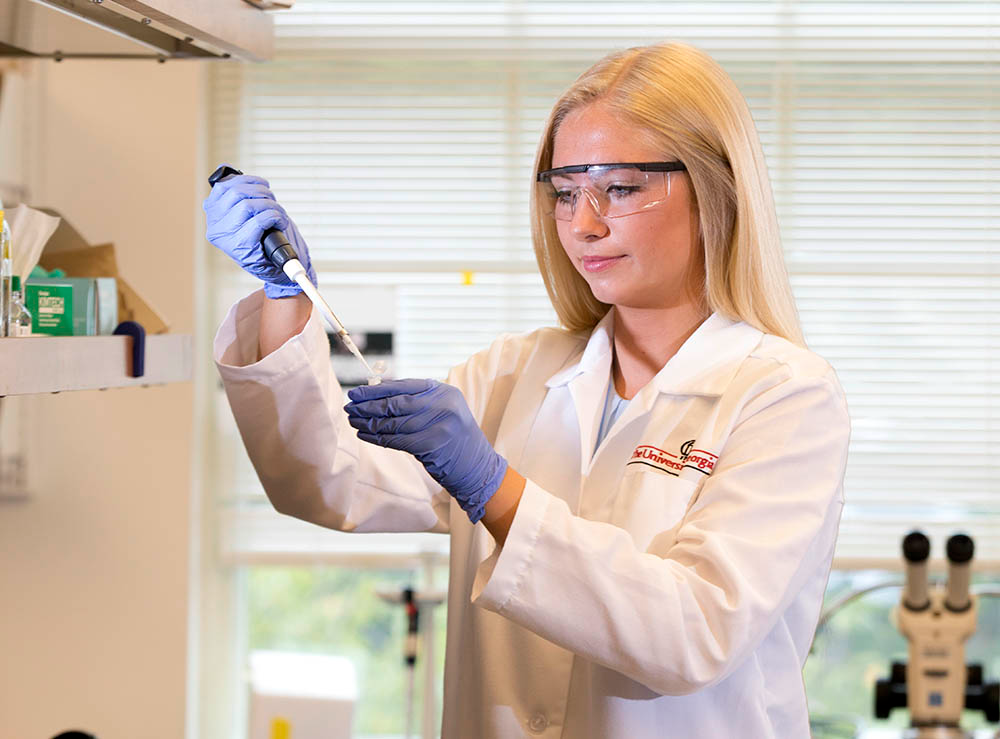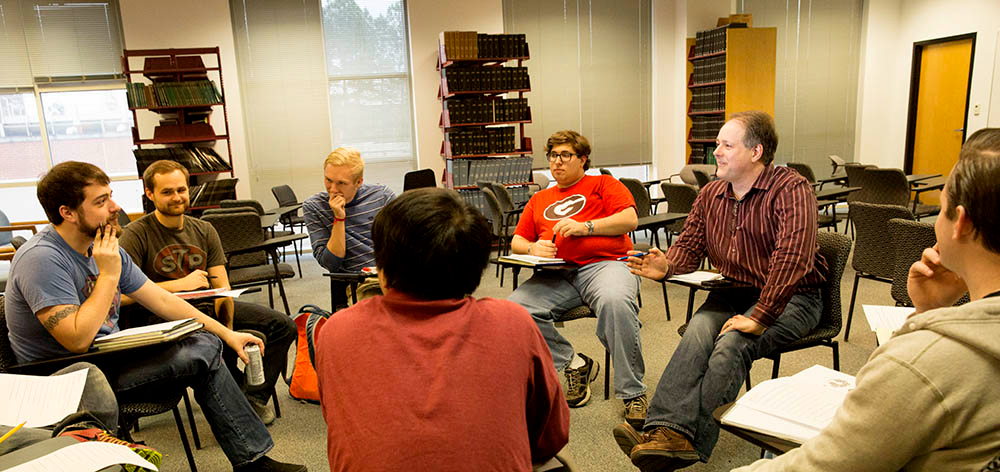How three programs revamped their programs after considering student learning outcomes

Every fall, academic programs submit annual reports that summarize their assessment process for the previous academic year. It’s a time for faculty to reflect on students’ learning and be thoughtful about adjustments to the curriculum and/or instruction based on assessment data. Results can highlight successes, improve teaching and learning, and inform planning and decision-making.
The student learning outcomes assessment is the ongoing process of:
- establishing clear, measurable learning outcomes,
- ensuring that students engage in learning experiences to acquire those outcomes,
- gathering evidence that learning occurred, and
- using the results to validate and inform improvements to learning experiences.
Here are three examples of how the assessment process impacted three programs:

Capstone project changes
The annual student learning outcomes assessment process helped guide the Master of Public Health program’s curriculum committee in making sweeping changes to competency requirements for the capstone projects. “Conclusive thoughts from our 2018 and 2019 submissions [prompted changes] to more adequately reflect the types of projects that the students find useful for their areas of emphasis,” explained Mumbi Anderson, MPH Program Director. Resultingly, the entire capstone experience was renamed as the Applied Practice and Integrative Learning Experience. The new competencies: communication, leadership, and interprofessional skills, addressed within the experience, aim to better prepare students for professional aspirations in the field of Public Health.
Small tweaks to the curriculum
Assessment does not always result in sweeping curricular changes – in many cases, small tweaks can make a positive difference.
Faculty in the Landscape Architecture program consider multiple direct indicators (such as exam items and capstone projects) and indirect indicators (such as job placement data) in evaluating students’ skill development. In 2020-21, professors teaching LAND 3330 updated the course’s supplemental workbook, and those teaching LAND 2220 strengthened instruction to address computer graphic skills. “The BLA curriculum committee continues to discuss and make changes to the overall curriculum in support of improving the professional quality of capstone projects and in strengthening in the depth of knowledge of landscape engineering,” reported Ron Sawhill, associate professor and BLA Program Coordinator.
Observation over time
Determining how best to measure the desired learning outcomes can be a challenge. Zachary Wood, professor and graduate coordinator for the Department of Biochemistry and Molecular Biology, reasoned that students’ acquisition of desired competencies in the BCMB PHD program (based upon strong predictors of success for early career scientists) could be appropriately assessed by review of cumulative performance throughout a student’s doctoral journey. “The best method for assessing these student outcomes is through careful observation over time by their major advisor and advisory committee members,” Wood explained in the program’s report. Leveraging existing structures and data points is a key aspect of a meaningful and sustainable assessment plan.
For more information or consultation about program-level assessment, contact Dr. Katie Burr, Associate Director of Assessment, at [email protected].
